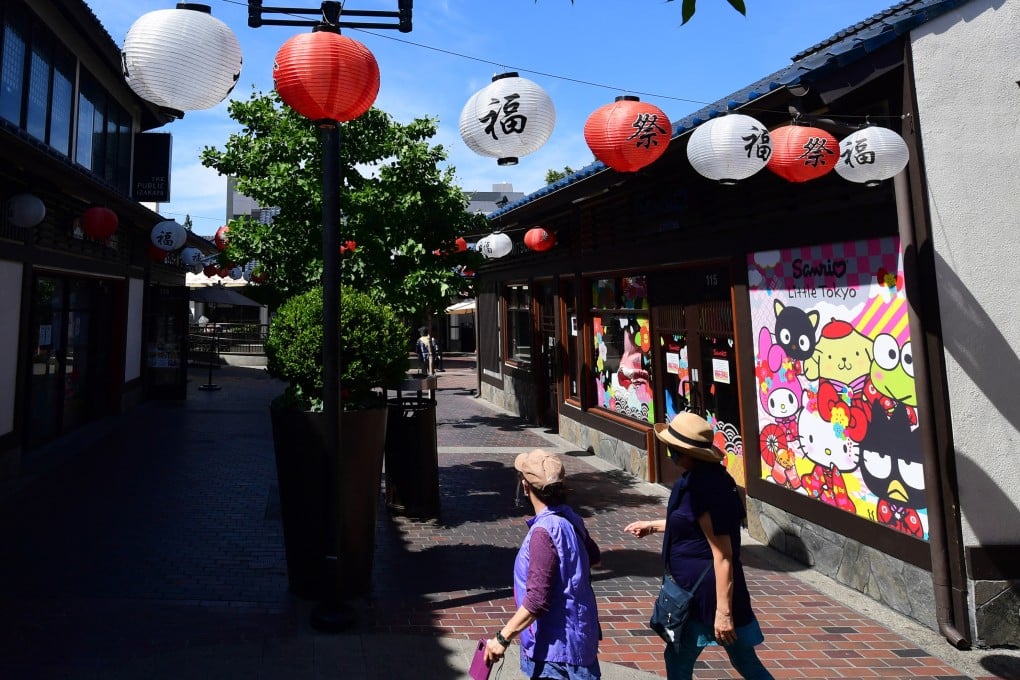More Japanese expats in US, China returning home amid rising costs of living
- The number of overseas Japanese grew every year from 1989 to 2019, but has declined since, with Shanghai and New York showing steep drops, data shows
- Anti-Asian racism in the US and arrests of Japanese nationals in China sparked concern among expats, while others went home for ‘economic reasons’ and to enrol their children in local schools

An increasing number of Japanese who had been long-term overseas residents are opting to return home, with the Japanese populations of Shanghai and New York showing particularly sharp declines, a demographic trend that some attribute to the pandemic and economic pressures.
The number of Japanese identified as long-term residents or permanent residents of another country increased every year from 1989 to 2019, according to data from the Ministry of Foreign Affairs released in early February. In 1989, there were around 590,000 Japanese living abroad, rising to 1.41 million in 2019.
That growth trend reversed in 2020, however, falling to 1.36 million, and continued to fall in the three years since. In 2023, there were 1.29 million overseas Japanese.
